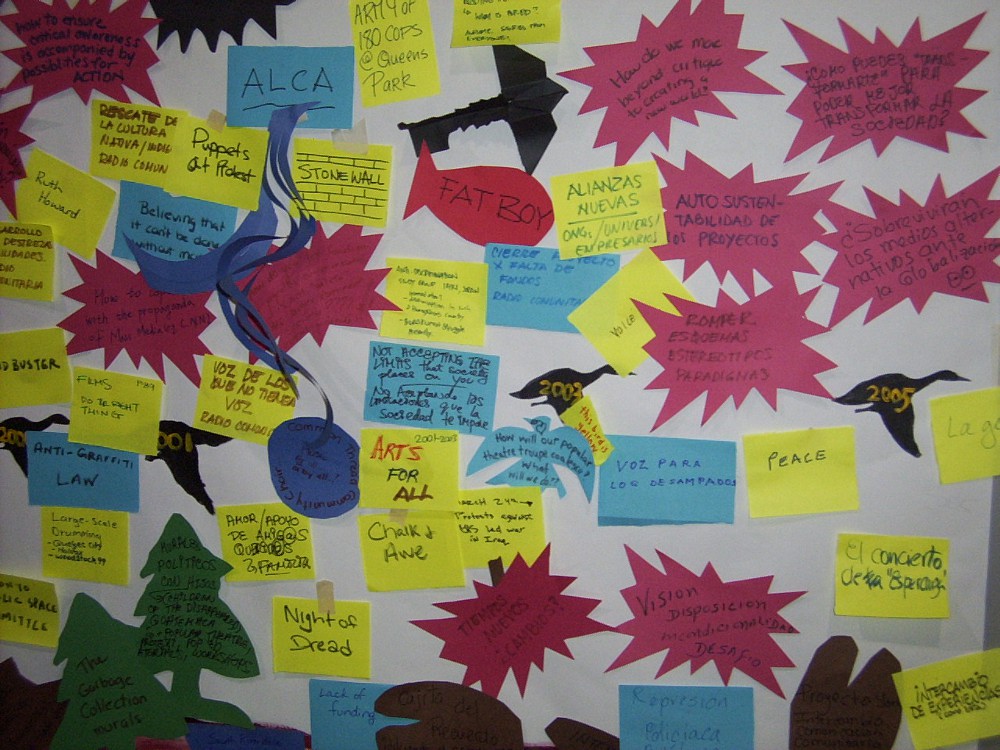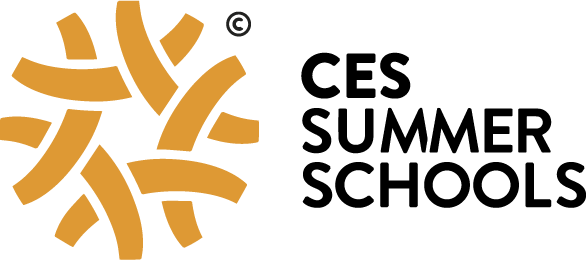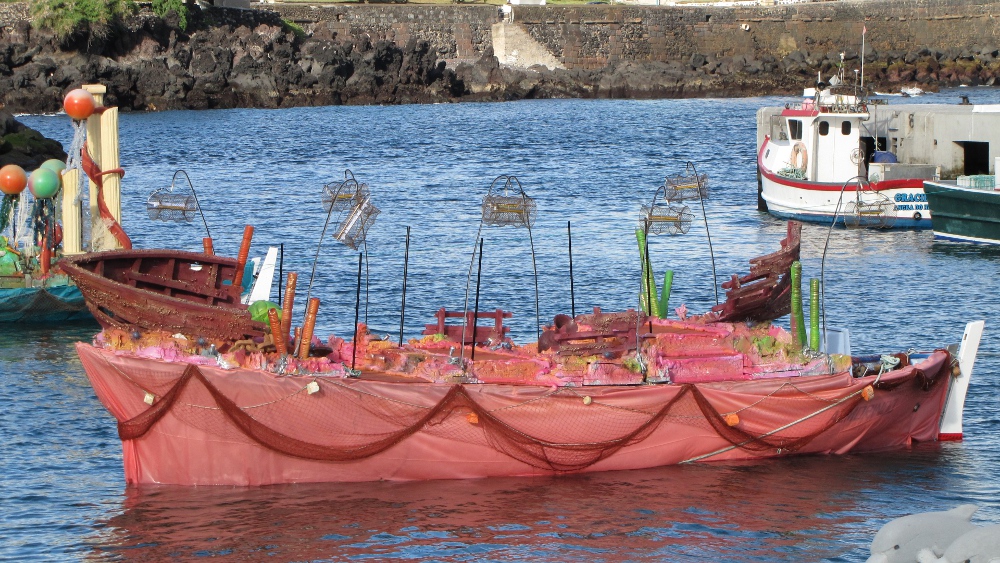
Programme (Final program will be published in June)
Thursday Evening – arrival at Quinta da Encavafala
· Registration and “check in” to quinta
Day 1 (Friday) – Café Cultura Kapingbdi
· Introductions, overview and invitation to co-construct the programme
· Coffee break
· Tastings and trials of diverse arts as investigation: participants will experiment with multiple ways to express their own narratives of their research and their specific interests and objectives for taking part in this summer school. This will begin the process of participants forming collaborations for group projects and communicating what they can share as well as what they hope others can share with them about arts and research.
· Lunch
· Afternoon on the Montego River - A “waking-up” of critical thinking and creative skills while flowing on the river by kayak and canoe.
· Dinner under the stars
· Evening bat interpretation
Day 2 (Saturday) – beginning in Oliveira do Hospital (transportation from Quinta)
· A “grounding” to the earth while walking from urban to rural and through history (Roman ruins in the civil parish of Bobadela), natural history, culture, economics and other social issues of the area including those on the baldios
· Lunch and “pool and shade” break at Quinta
· Issues of power, knowledge, empire, representation and research
· Project planning
· Open space – no dinner planned* (options include café and restaurants within walking distance, or make own dinner at quinta)
Day 3 (Sunday) - Café Cultura Kapingbdi
· Exploration of sound and lack of sight (guest instructor – to be confirmed)
· Coffee break
· More sound and lack of sight
· Lunch
· Movement and our bodies making art and meaning
· Coffee break
· University degree issues: how can dance, painting, novels and other creative formats meet the requirement of a dissertation within a social science faculty? ethical issues of arts practices (How do we evaluate the “rigor” of the scholarship? What are the implications of using normative academic measures of evaluation?)
· Dinner
Day 4 (Monday) - Café Cultura Kapingbdi and Quinta* Participant initiatives
This day will be primarily reserved for initiatives from participants. Inscription feedback will be used to set the schedule of this day
· Coffee break
· Lunch
· Coffee break
· Open space – no dinner planned* (options include café and restaurants within walking distance, or make own dinner at quinta)
Day 5 (Tuesday) - Café Cultura Kapingbdi
· Creative prose (poetry, fiction, other)
· Coffee break
· Continuation of creative prose
· Lunch
· plastic arts (painting, college, sculpture)
· Coffee break
· plastic arts (painting, college, sculpture)
· Dinner (Moroccan vegetarian feast – to be confirmed)
· Art and Community Evening - open evening session with local musicians and other artists
Day 6 (Wednesday) - Café Cultura Kapingbdi
· Research, knowledge and power: Do arts have to be “translated” into or explained by linear text to use in “academic” scholarship? Is this possible? What are the critical issues and the implications of attempts at translation and explanation? Indigenous knowledges (respecting and allying or appropriating?)
· Coffee
· Guerrilla art making and protest, activist-researchers
· Lunch
· Arts and science outside of the academy (community practices, professional and amateur artist)
· Coffee
· Evaluations, schedule for receiving written reports and project elements
· Closing and leaving


.JPG)
.jpg)

